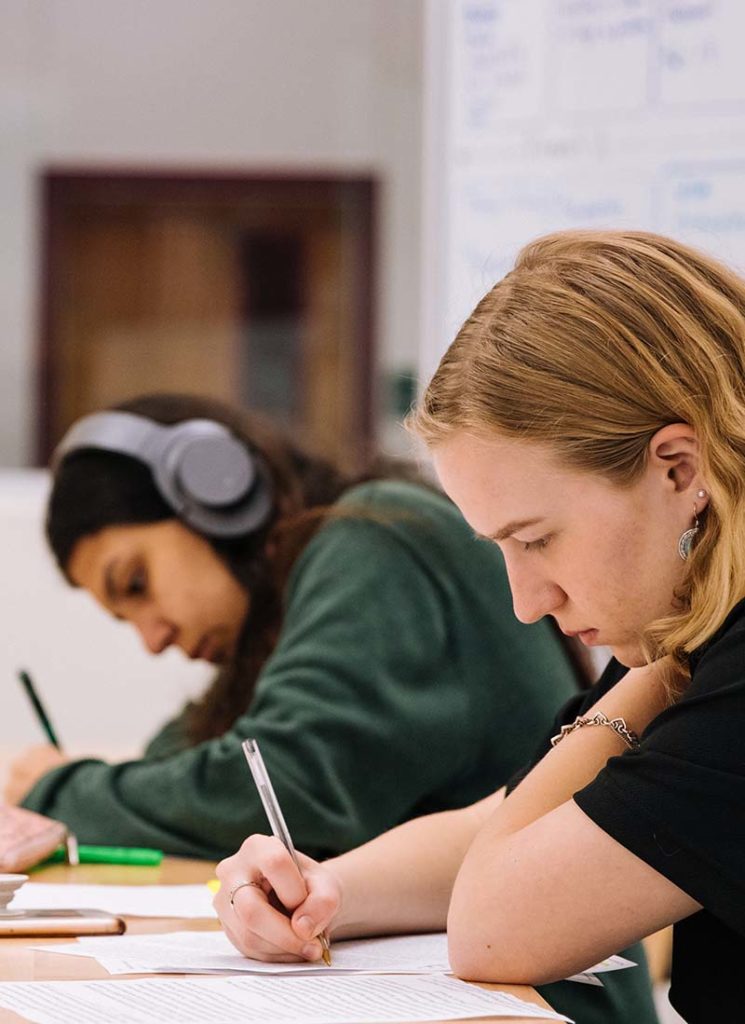Students agree to follow their university’s code of conduct when they enroll as students. This includes practicing academic integrity and respecting the university community and other affiliated with it. The International Center for Academic Integrity provides context on the importance of academic integrity and resources. (https://academicintegrity.org)
Academic Integrity
Cheating, such as copying other students’ homework or exam answers or hiring someone else to write one’s papers or do their projects is a serious issue at universities. Also, plagiarism, or presenting others’ academic work, ideas, or words as one’s own is prohibited. This includes using an author’s words without providing a citation, collaborating with others and not acknowledging their contribution, or using others’ audio, video, or images from the internet, books, or other sources without their permission. Plagiarism.org provides academic writing resources to help students. (https://www.plagiarism.org)
While there is recognition that students sometimes plagiarize unintentionally, there can be grade penalties and even expulsion from university if students’ work is identified as containing plagiarized materials. At the undergraduate level, professors coach their students in their writing so that they learn how to use accepted methods of citing other people’s work and make clear what is their own work. Graduate students are expected to already be familiar with how to synthesize their ideas from others’, paraphrase, and use citations in their writing.
In addition to professors, students can access universities resources such as peer tutors and study groups on campus or within departments. Writing centers are also very common on campuses where undergraduate and graduate students can make appointments for help on their writing—from papers, to theses and dissertations. Libraries and librarians are also invaluable resources for students. There are often in-person and virtual trainings and workshops on how to improve academic writing and how to use various search engines and other library tools to improve the quality of students’ academic work and avoid plagiarism.
Student Conduct
Universities value the members of their community as well as the communities they interact with academically and socially. Typically, whenever university faculty members or students plan to conduct research, they are required to submit their research proposal to an internal ethics board for review to ensure that the research is conducted in compliance with university, federal, and state regulations to prevent harm to research participants.
On campus, students as well as faculty agree to not bully or harass others. There are typically explicit directives that members of the university community cannot discriminate against others on the basis of their race, religion, skin color, national origin, age, sex, gender identity, marital status, or disability.
Each university has systems to address violations of academic integrity or student conduct. Consequences can range from failing a course to suspension or expulsion from the university. Depending on the offense, other legal authorities could become involved in the situation and violators could face more serious punishments.

